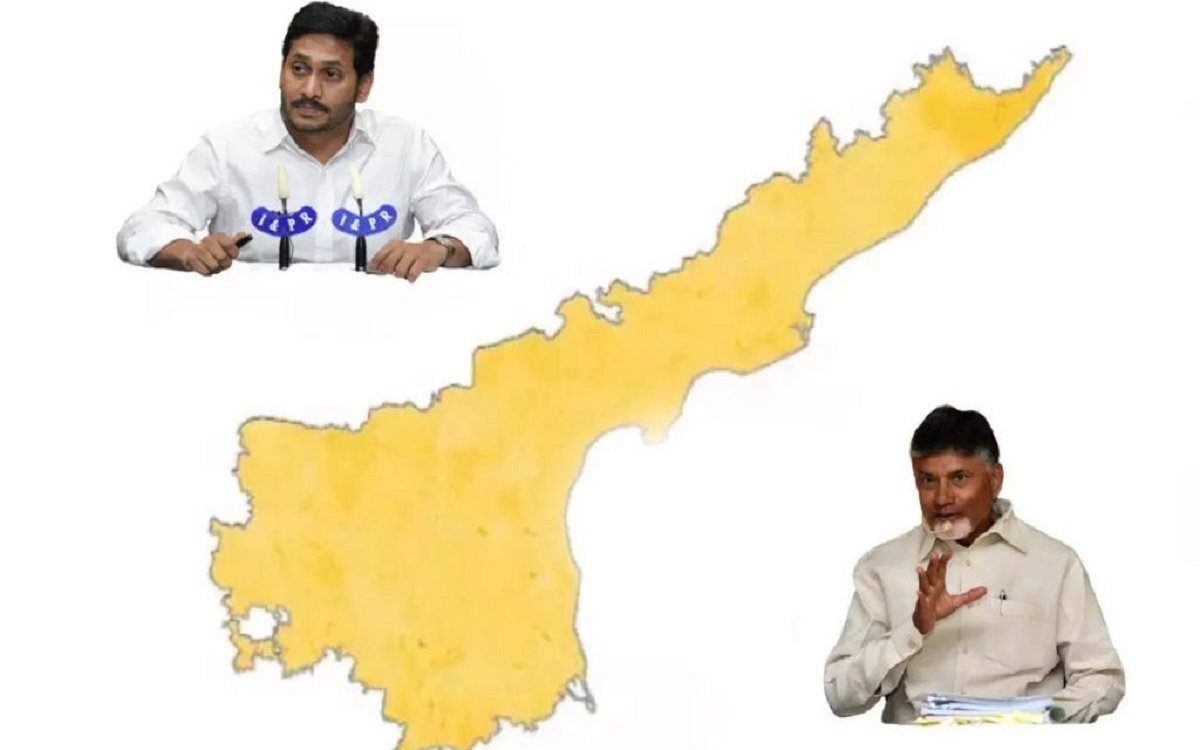Political parties gearing up for Assembly and general elections across various states are increasingly relying on surveys to boost their morale and influence the electorate. In today’s information rich age, social media and surveys have become critical tools for political parties to express their views and target their opponents in the ever-changing political landscape.
A recent survey conducted by Times Now suggested that the YSR Congress Party (YCP) is poised for a resounding victory, projecting a 50% vote share and the potential to secure 24-25 Lok Sabha seats. Another survey by the Poll Strategy Group indicated that the YCP is likely to garner 49% of the votes, while the TDP-JSP alliance would receive 41% support. This forecast gives the YCP a clear advantage. Some surveys even dismiss the TDP-JSP alliance’s chances, likening them to a fragile fan against the strong political winds symbolized by the YCP.
Interestingly, despite these surveys predicting victory, the party cadre’s enthusiasm appears to lag behind the optimistic projections. The TDP has alleged that the Times Now report is biased in favor of the YCP due to a purported agreement between the Andhra Pradesh government and the media organization aimed at enhancing the party’s image in the media.
On the other hand, an India TV-CNX survey has offered a glimmer of hope for the TDP, predicting an improved performance. It suggests that the YCP could secure 46% of the vote share and win 15 Lok Sabha seats in the upcoming general elections, while the TDP may garner 42% of the votes and secure 10 Lok Sabha seats. This is a significant improvement compared to the TDP’s meager three Lok Sabha seats in 2019.
Regardless of these survey findings, the TDP cadre is banking on the sympathy factor stemming from the ‘illegal arrest’ of their party leader. With various survey organizations releasing reports favoring different political parties, the electorate is left in a state of confusion, questioning which surveys to believe or if they should dismiss them all as unreliable. Much like the divided media landscape regarding political support, survey organizations now appear to be taking sides, adding to the complexity of the political landscape.
